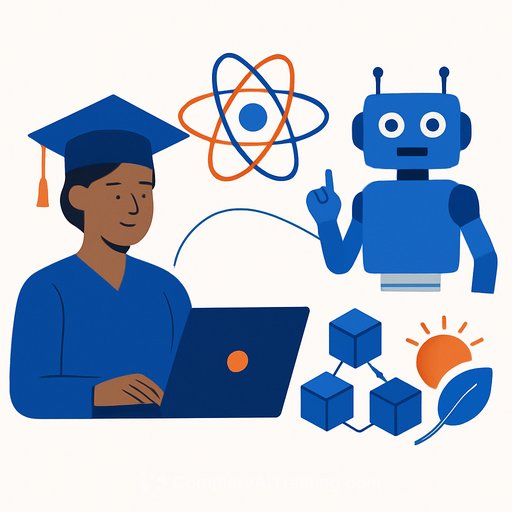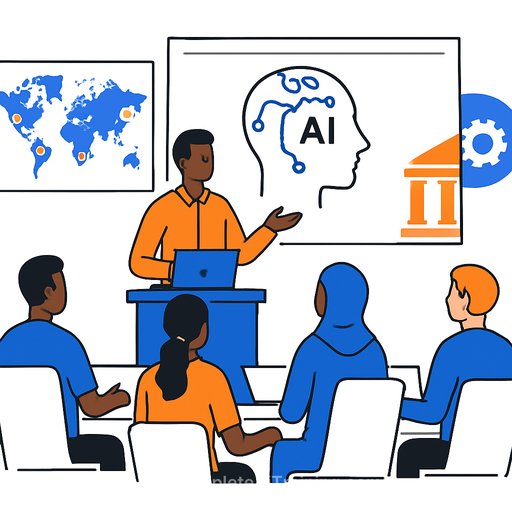Cambridge sets ethical bar for AI in English language learning and assessment
Cambridge University Press & Assessment has released a framework to guide ethical AI use in English language learning and assessment. It arrives as a recent YouGov poll shows 39% of people worry AI will drive more cheating and fail to test the right skills.
The framework centers on a human-first approach: AI should support teachers and examiners, not replace them. It emphasizes fairness, inclusivity, privacy, transparency, and sustainability so institutions can maintain trust and standards.
Why this matters for education leaders
AI can speed up feedback, personalize practice, and scale support-but trust collapses if quality, fairness, or privacy slip. Cambridge calls for strong evidence that AI meets the same standards as human examiners and for clear communication about how AI is used.
The message is simple: use AI to lift learning and assessment, with integrity and accountability built in.
The six principles at a glance
- Match human standards: Demonstrate validity, reliability, and comparability with trained examiners.
- Ensure fairness: Measure and reduce bias across demographics, proficiency levels, and contexts.
- Safeguard data: Protect learner information, define retention, and limit use of data for model training.
- Provide transparency: Be clear when and how AI is used, what it considers, and how decisions can be reviewed.
- Keep humans central: Teachers and examiners remain accountable, with meaningful oversight and the ability to intervene.
- Address sustainability: Track and reduce environmental impact across training and deployment.
What to ask your vendors and internal teams now
- Evidence: Do you have peer-reviewed or independent studies showing parity with human examiners, including inter-rater agreement and error analysis?
- Fairness: How do outcomes vary by gender, age, first language, region, and proficiency bands? How often do you audit and fix gaps?
- Data: What data is collected, where is it stored, for how long, and can learners opt out of training use?
- Transparency: How are candidates informed when AI is used? Can teachers see the basis of an AI score or decision and file an appeal?
- Human oversight: Where is the human-in-the-loop? What's the escalation path when AI is uncertain or flagged by a teacher?
- Sustainability: What is the estimated energy use and emissions per assessment or session? What efficiency measures are in place?
Implementation checklist for institutions
- Publish an AI policy that covers purpose, roles, data use, appeals, and academic integrity.
- Pilot new AI tools against human-marked baselines; set acceptance thresholds before scaling.
- Run regular fairness audits and publish summary results for stakeholders.
- Inform learners where AI is used and provide clear routes to challenge outcomes.
- Strengthen assessment security: item banks, rotation, proctoring policies, and post-exam analysis.
- Track compute and emissions for major AI services; prefer efficient models and caching where possible.
- Include ethics, privacy, and sustainability clauses in procurement and vendor SLAs.
- Offer staff development on AI literacy, bias, prompt design, and oversight practices.
What Cambridge leaders are saying
"AI offers significant benefits for learners, teachers and institutions around the world, but it's critical that it's delivered ethically." He warned that without an ethical framework, AI risks losing credibility and trust.
"AI offers a world of possibilities, but with that comes a responsibility to make sure solutions are ethical, high-quality, and accessible."
Where to go from here
If you're building policy or selecting tools, compare your approach to these six principles and close the gaps. For broader context, see UNESCO's guidance on generative AI in education for policy and practice here.
Need structured upskilling for your team? Explore AI course paths by job role on Complete AI Training.
Your membership also unlocks:





